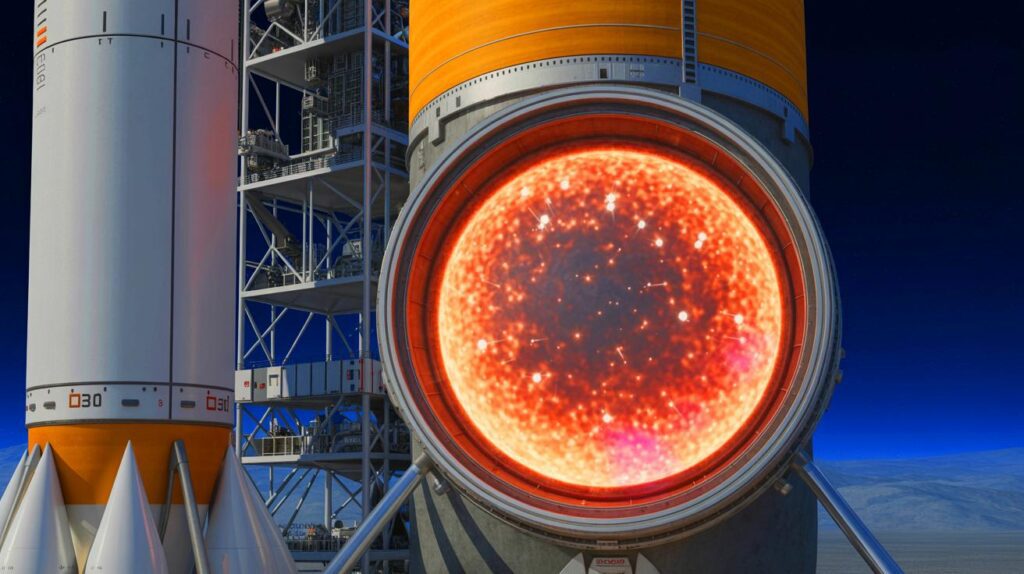Researchers at the University of Albany have developed a new boron-based rocket fuel compound, manganese diboride (MNB2), that offers 150% more energy than traditional aluminum fuels. MNB2’s unique structural properties allow it to store and release energy efficiently, which could significantly enhance payload capacities for space missions.
By using advanced synthesis techniques with arc melters, the compound maintains a high energy density of 136.4 kJ per cubic centimeter, far exceeding typical hydrocarbons. The structure resembles a spring, storing energy for rapid release during combustion. Its practical ignition requirements, needing agents like kerosene, ensure safety for handling and usage.
This innovation addresses critical challenges in space exploration, potentially reducing fuel space in rockets and allowing for greater scientific payloads. The breakthrough could lead to new propulsion technologies and ambitious exploration initiatives, such as Mars missions and lunar bases. Overall, MNB2 exemplifies significant advancements in chemical engineering that can reshape future space travel.
Source link


